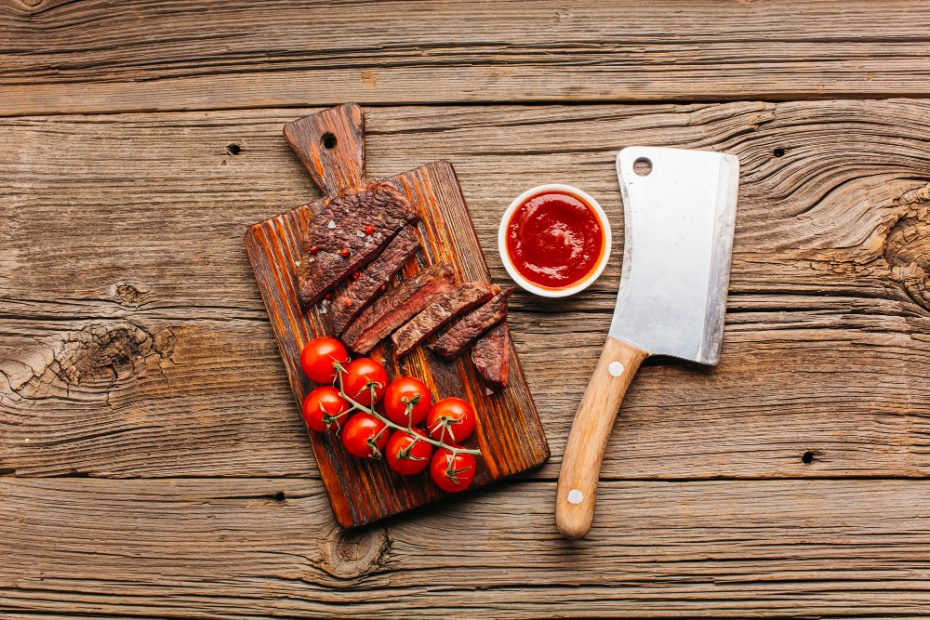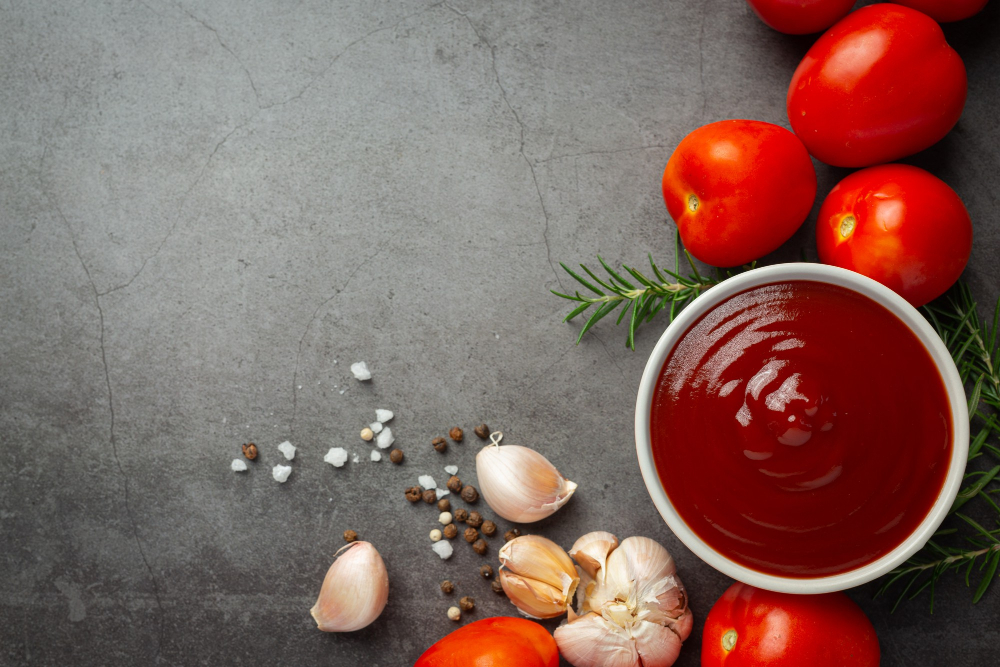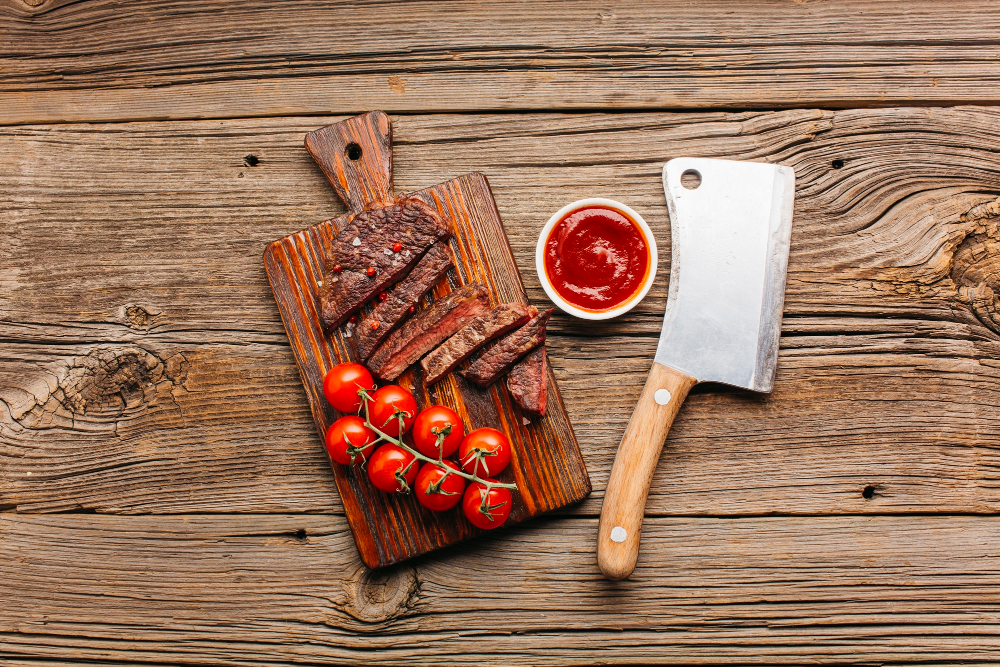How do marinades tenderize meat?
Marinades are a popular technique used in cooking to enhance the flavor and tenderness of meat. By soaking meat in a flavorful liquid mixture, marinades help to break down the tough muscle fibers and improve the texture of the meat. In addition to adding taste, marinades can also help to keep the meat moist during cooking.
The Science Behind Marinades
Mixing together various ingredients such as acids, enzymes, oils, and spices, marinades work through different mechanisms to tenderize meat. One such mechanism is the acid present in the marinade, which helps to break down the proteins in the meat. Acids like lemon juice, vinegar, or citrus fruits penetrate the surface of the meat and weaken the muscle fibers, resulting in a more tender texture.
Marinades not only add flavor but also aid in the tenderization process of meat.
Enzymes found in certain fruits like pineapple, kiwi, or papaya can also contribute to tenderizing meat. These enzymes, such as bromelain and papain, break down the proteins and collagen, further softening the meat. The longer the meat is marinated, the more time these enzymes have to work their magic.
Flavorful Enhancements
While tenderizing the meat, marinades also infuse it with delicious flavors. Ingredients such as garlic, herbs, spices, and oils add depth and complexity to the overall taste. The longer the meat is marinated, the more pronounced these flavors become.
“Marinades not only tenderize meat but also impart flavors that enhance the overall taste.”
Marinade recipes often include a range of ingredients, allowing cooks to customize the taste to suit their preferences. From Asian-inspired soy and ginger marinades to Mediterranean herb-infused blends, the possibilities are endless.
Proper Marinating Techniques
When using a marinade to tenderize meat, it is important to follow proper techniques to ensure food safety and optimal results. Here are some key tips:
- Marinate meat in a non-reactive container such as a glass or plastic dish to prevent any unwanted flavors.
- For best results, refrigerate the marinating meat for at least 30 minutes to several hours. The longer the marination time, the more tender and flavorful the meat will be.
- Before cooking, remove the meat from the marinade and discard it. Do not reuse the marinade that has come into contact with raw meat without boiling it first to kill any bacteria.
- Pat the meat dry with paper towels before cooking to enhance browning and prevent excess moisture during cooking.
What role does salt play in marinades?
Marinating is a popular technique used to add flavor and enhance the tenderness of meats, fish, and vegetables. One key ingredient that plays a significant role in most marinade recipes is salt. Salt not only enhances the taste but also helps to tenderize the food and improve its texture.
Tenderizing Effect
When salt is applied to meat or vegetables, it works by breaking down the proteins and allowing water to be absorbed. This process helps to soften the fibers, making the food more tender and juicy. The salt also acts as a brine, drawing out moisture from within the food and then allowing it to be reabsorbed, which ultimately enhances the overall flavor.
Flavor Enhancement
Aside from tenderizing, salt enhances the flavor of marinades. It helps to amplify the other ingredients in the marinade, such as herbs, spices, acids, and oils. By adding salt to a marinade, it penetrates the food, bringing out its natural flavors while also adding depth and complexity.
The Science Behind Salt
The science behind salt’s role in marinades lies in the process of osmosis. When salt is applied to food, it causes the cells to release water due to differences in concentration. As the salt penetrates the food, it breaks down the muscle proteins, allowing the water to be reabsorbed along with the other flavors present in the marinade.
“Salt not only enhances the taste but also helps to tenderize the food and improve its texture.”
Proper Usage of Salt
It’s important to use the right amount of salt when marinating your food. Too much salt can make the dish overly salty, while too little may not yield the desired results. A good rule of thumb is to use approximately 1 teaspoon of salt per pound of meat or vegetables in your marinade.
How Does Marinating Time Influence Meat Texture?
Marinating is a popular technique used to enhance the flavor and tenderness of meats. But did you know that the duration of marinating time also plays a significant role in determining the texture of the meat? The amount of time you allow your meat to marinate can affect its tenderness, juiciness, and overall taste.
Shorter Marinating Time
When marinating meat for a short period, typically around 30 minutes to 2 hours, the marinade has less time to penetrate deeply into the meat. However, it still adds flavor to the outer layers of the meat, providing a pleasant taste. Shorter marinating times are ideal for more delicate meats like fish or tender cuts of beef.
Longer Marinating Time
If you want a more intense flavor and tender texture, allowing your meat to marinate for a longer period, usually 6 to 24 hours, is recommended. During extended marinating, the acidic components in the marinade, such as vinegar or citrus juice, break down the connective tissues in the meat, resulting in a more tender and succulent texture. Longer marinating times are particularly effective for tougher cuts of meat, such as flank steak or chicken thighs.
However, be cautious not to exceed the recommended marinating time for certain meats, as prolonged exposure to acids and enzymes can actually lead to a mushy texture.
“The key to achieving the perfect texture is finding the right balance between marinating time and the type of meat you’re working with.”
Recommended Marinating Times for Different Meats
| Meat | Marinating Time |
|---|---|
| Chicken Breast | 1-2 hours |
| Pork Chops | 4-6 hours |
| Beef Tenderloin | 6-12 hours |
| Lamb Chops | 4-8 hours |
Why is sugar sometimes added to marinades?
Sugar is a common ingredient in many marinades, adding depth of flavor and enhancing the overall taste of the dish. While it may seem counterintuitive to include sugar in savory marinades, there are several reasons why this addition can greatly benefit your culinary creations.
1. Balancing Flavors
Adding sugar to marinades helps to balance out the flavors by counteracting the acidity or saltiness of other ingredients. It can help to mellow out strong flavors and create a harmonious blend that is pleasing to the palate.
2. Promoting Caramelization
Sugar is essential for achieving that desirable caramelization on grilled or pan-fried meats. When exposed to high heat, the sugar in the marinade undergoes the Maillard reaction, creating a deliciously browned and slightly sweet crust.
3. Tenderizing Meat
The addition of sugar in marinades can actually help to tenderize meat. It acts as a natural meat tenderizer by breaking down muscle fibers and making the meat more tender and succulent. This is particularly useful for tougher cuts of meat.
4. Enhancing Color
Sugar can also enhance the visual appeal of your dishes by promoting browning and caramelization. This can give meats an appetizing golden-brown color that is visually appealing and appetizing.
It’s important to note that when using sugar in marinades, it’s best to use it in moderation and balance it with other flavors. Too much sugar can overpower the dish and make it overly sweet.
If you’re looking to experiment with sugar in your marinades, here’s a simple recipe to try:
<ol>
<li>Ingredients:
<ul>
<li>1/4 cup soy sauce</li>
<li>2 tablespoons brown sugar</li>
<li>1 tablespoon olive oil</li>
<li>1 clove garlic, minced</li>
<li>1 teaspoon grated ginger</li>
</ul>
</li>
<li>Instructions:
<ul>
<li>In a bowl, mix together the soy sauce, brown sugar, olive oil, garlic, and ginger.</li>
<li>Add your choice of meat to the marinade, ensuring it is fully coated.</li>
<li>Cover and refrigerate for at least 30 minutes, or overnight for more flavor.</li>
<li>Grill, bake, or pan-fry the marinated meat until cooked to your desired level of doneness.</li>
</ul>
</li>
</ol>So, next time you’re preparing a marinade, don’t be afraid to include a touch of sugar. It can make a world of difference in enhancing the flavors and texture of your dish.
How do enzymes in certain fruits affect marinating?
Introduction
Marinating is a popular technique used in cooking to enhance the flavor and texture of meats, fish, and vegetables. While marinades typically consist of acidic liquids, such as vinegar or citrus juice, the enzymes present in certain fruits can also play a significant role in the marinating process. In this article, we explore how these enzymes contribute to tenderizing and flavoring the food being marinated.
The Role of Enzymes in Marinating
When fruits like pineapple, papaya, or kiwi are included in a marinade, they introduce enzymes known as bromelain, papain, and actinidin, respectively. These enzymes help break down proteins in the meat, making it more tender. They accomplish this by breaking the peptide bonds that hold the proteins together, resulting in a softer texture.
Tenderizing Effect
The proteolytic enzymes found in fruits act as natural meat tenderizers. The enzymes target the connective tissue in the meat, breaking it down and making the fibers more tender. This is particularly beneficial for tougher cuts of meat, as it helps to soften the muscle fibers and make them easier to chew.
“Enzymes found in fruits like pineapple, papaya, and kiwi naturally break down proteins, making your marinated meat tender and juicy.”
Flavor Enhancement
Apart from tenderizing, enzymes in fruits also contribute to enhancing the flavor of marinated dishes. The enzymes interact with the proteins and fats in the meat, releasing additional flavors and aromas. This can result in a more complex and well-rounded taste profile.
Proper Usage
It’s important to note that the enzymatic action of fruits can be quite powerful and lead to over-marination if left for too long. The enzymes can break down proteins excessively, resulting in a mushy texture. Therefore, it is recommended to marinate meat with enzyme-rich fruits for no more than 30 minutes to an hour. Additionally, when using these fruits in a marinade, it is advisable to purée or juice them to ensure even distribution.
What are the risks of over-marinating?
Marinating is a popular technique used to enhance the flavor and tenderness of meat, fish, and vegetables. While marinating can add delicious flavors to your dishes, there are some risks associated with over-marinating that are important to be aware of.
1. Texture
Over-marinating can result in a mushy or rubbery texture in your food. The acid in marinades, such as lemon juice or vinegar, can break down proteins in the meat or fish. When left for too long, this can cause the proteins to denature excessively, leading to an undesirable texture.
2. Taste
Leaving food in a marinade for an extended period of time can overpower the natural flavors of the ingredients. The strong taste of the marinade can overpower the subtle flavors of the meat or fish, resulting in a dish that lacks balance.
3. Dryness
Surprisingly, over-marinating can also lead to dryness in your dish. Extended exposure to acidic ingredients can cause the meat or fish to become tough and dry as the acid draws out moisture from the protein.
4. Risk of foodborne illnesses
Longer marinating times, especially when combined with improper storage conditions, can increase the risk of foodborne illnesses. Bacteria can multiply rapidly in the marinade, particularly if it contains raw meat juices. It is crucial to marinate food in the refrigerator and discard any leftover marinade that has come into contact with raw meat or fish.
Tip: To avoid the risks of over-marinating, it is recommended to follow specific marinating guidelines or recipes. These often suggest marinating times that are appropriate for the specific type of meat, fish, or vegetable you are preparing.
Remember, marinating is a delicate balance. While it can enhance the flavors of your dishes, over-marinating can have negative effects on texture, taste, and moisture content. By being mindful of marinating times and storage conditions, you can ensure that your meals are both safe and delicious.
Conclusion
Salt plays a crucial role in marinating by tenderizing the food and enhancing its flavor. Its ability to break down proteins and allow water to be absorbed contributes to the tenderness of the final dish. By properly utilizing salt in your marinades, you can create delicious and flavorful meals that will leave your taste buds wanting more.
Marinating time is a crucial factor in achieving the desired texture of your meat. Whether you opt for a shorter marinating time to preserve the natural flavors or a longer marinating time to enhance tenderness, experimentation and considering the specific type of meat are key. So, next time you prepare a marinade, remember that timing is everything when it comes to creating a mouthwatering meal.
Including fruits with enzymes like pineapple, papaya, and kiwi in your marinades can greatly enhance both the tenderness and flavor of your dishes. These natural tenderizers provide a unique way to improve the texture of meats while adding a subtle sweetness to your marinated creations. Experiment with different fruits and combinations to discover unique and delicious flavor profiles that will impress your guests at your next barbecue or dinner party.



